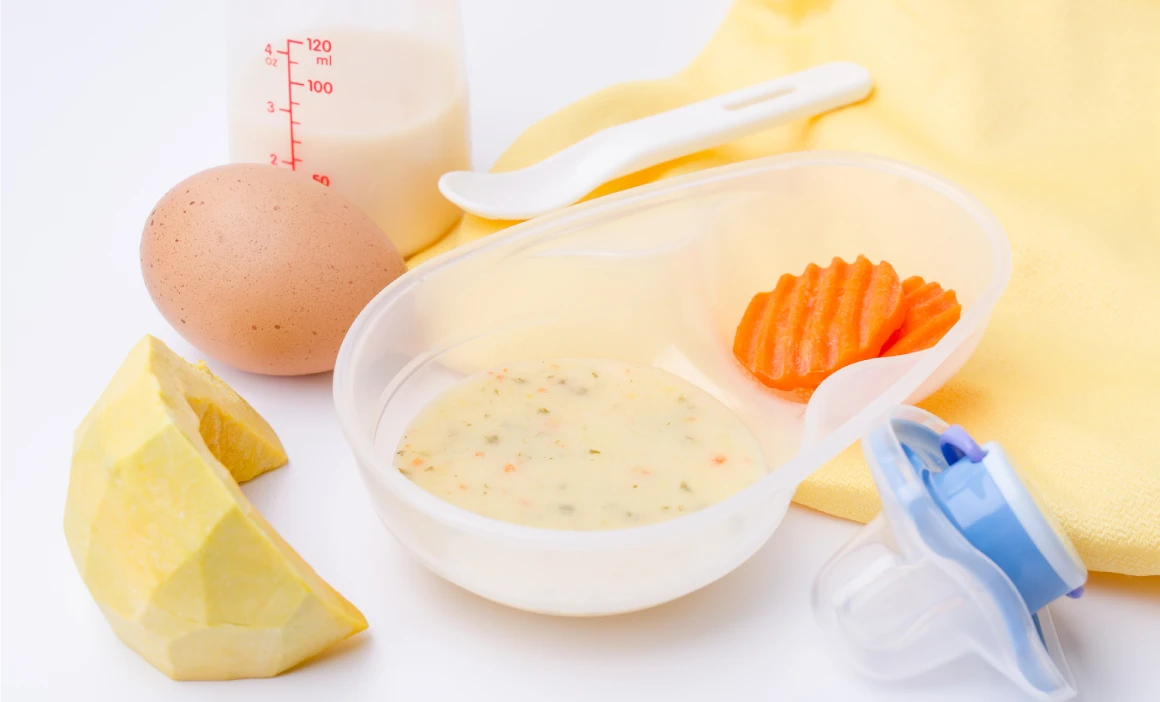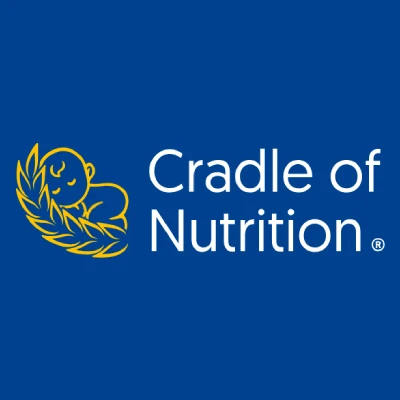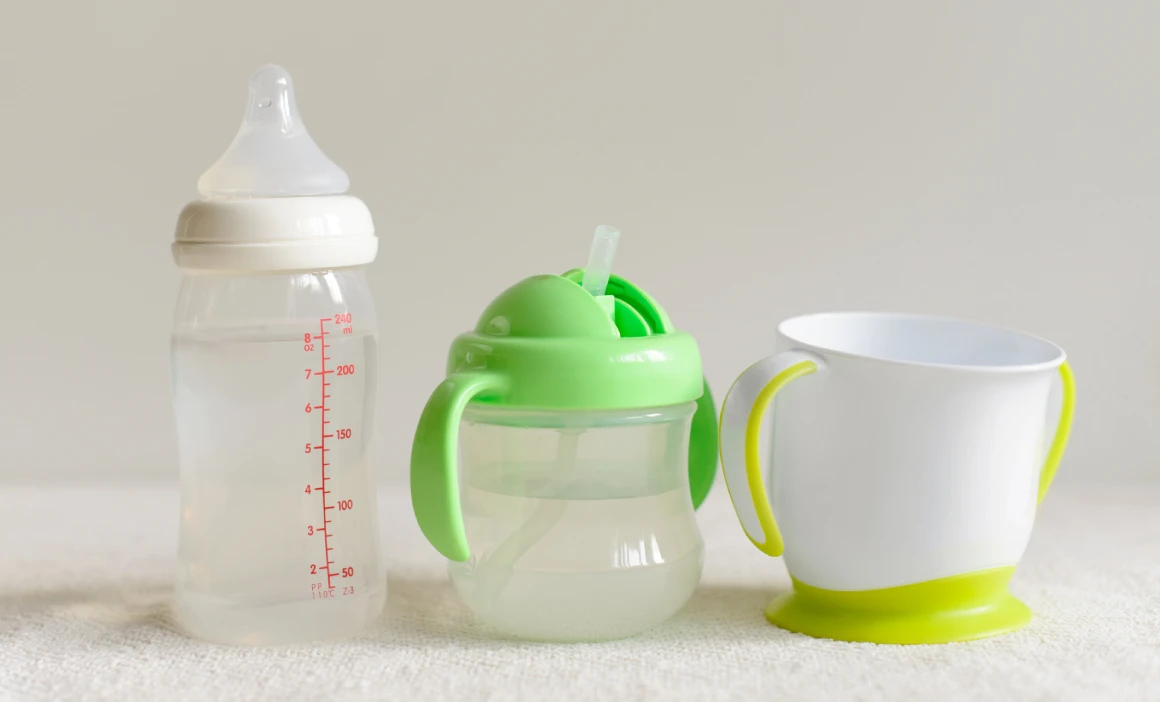
Healthy Infant Nutrition Guide (0–12 Months): Feeding Schedules, Quantities & Parent Tips

Cradle of Nutrition
- 3 minutes read
Supporting your baby’s growth starts with feeding them right from the very beginning. Here’s a complete, research-based guide for parents and caregivers on how to feed babies from birth to 12 months — including feeding schedules, milk and water quantities, and practical nutrition tips for each age stage.
Why Infant Nutrition Matters in the First Year
The first year of your baby’s life is a crucial time for brain development, immune system strength, and overall growth. The way you feed your baby during these early months has a long-lasting impact on their health, setting the stage for a lifetime of healthy habits.
Feeding Schedule by Age (0–12 Months)
Below is an age-based breakdown including feeding frequency, breast milk and formula estimates, water intake, and complementary food guidance.
0–6 Months: Exclusive Milk Feeding
What to Feed:
- Breast milk only (if possible)
- Iron-fortified infant formula if not breastfeeding
Feeding Frequency:
- Breastfed infants: every 2–3 hours, 8–12 times/day
- Formula-fed infants: 6–8 times/day
Milk Quantities:
| Baby’s Age | Formula per Feed | Total Daily Volume |
| 0–1 week | 30–60 ml | ~400–600 ml |
| 2–4 weeks | 60–90 ml | ~500–700 ml |
| 1–3 months | 120–150 ml | ~700–900 ml |
| 3–6 months | 150–180 ml | ~800–1000 ml |
Breast milk intake estimate by 1 month: 750–800 ml/day (self-regulated by baby)
Water Intake:
- Do not give water – breast milk or formula provides all hydration
- Water can disrupt electrolyte balance in newborns
6–12 Months: Introducing Solid Foods
What to Feed:
- Continue breast milk/formula
- Begin iron-rich complementary foods
First foods to try:
- Vegetable and fruit purées (https://cradleofnutrition.com/category/recipes/?e-filter-1cc048b-post_tag=baby-and-toddler-recipes)
- Iron-fortified baby cereal
- Mashed legumes, soft meats, egg yolk
❗ Avoid: honey (until 12 months), added salt/sugar, choking hazards (whole nuts, grapes)
Feeding Frequency:
- Milk: 3–5 feeds/day
- Solids: 2–3 meals/day by 8 months
Solid Food Portions:
| Age | Portion Size | Example |
| 6–8 mo | 1–4 tbsp | Smooth purées |
| 8–10 mo | 4–6 tbsp | Mashed veggies, soft grains |
| 10–12 mo | ½ cup/meal | Finger foods, soft meats, fruits |
Water Intake:
- Start offering 30–120 ml/day, especially with meals
- Use a baby cup (avoid bottles for water)
Key Nutrients to Monitor in Babies
| Nutrient | Why It’s Important | Best Sources |
| Iron | Prevents anemia | Meat, lentils, iron-fortified cereal |
| Vitamin D | Bone growth | Supplement (400 IU/day) |
| Calcium | Bone strength | Dairy products |
| Zinc | Immunity & growth | Whole grains, meats |
Red Flags: When to See a Pediatrician
- Baby is not gaining weight or loses weight
- Persistent vomiting or diarrhea
- Refusing solids by 8 months
- Unusual tiredness, pale skin, or weakness
- Frequent gagging or choking on solids
Expert Tips for Parents & Caregivers
- Watch for hunger/fullness cues, not just the clock
- Let baby explore food through touch and self-feeding
- Introduce new foods gradually, one at a time
- Create a calm, positive mealtime environment
- Avoid force-feeding or screen distractions
Frequently Asked Questions (FAQ)
1. When should I start giving my baby water?
You can start offering small amounts (30–120 ml/day) after 6 months, with meals. Before that, breast milk or formula is enough.
2. How much formula should a 3-month-old drink?
Typically 120–150 ml per feed, about 5–7 times per day. Total: ~700–900 ml/day.
3. What are signs my baby is ready for solids?
Signs include head control, sitting with support, mouthing objects, and showing interest in food. Usually around 6 months.
4. What if my baby refuses to eat solids?
Stay calm and try different textures, flavors, and feeding environments. If the issue persists past 9 months, consult your pediatrician.
Feeding your baby doesn’t have to be overwhelming. By following the evidence-based recommendations above, you’ll give your child the best nutritional start possible. Each baby is unique — trust your instincts, be patient, and reach out to health professionals when needed.
By Erika Barabás
Sources:






